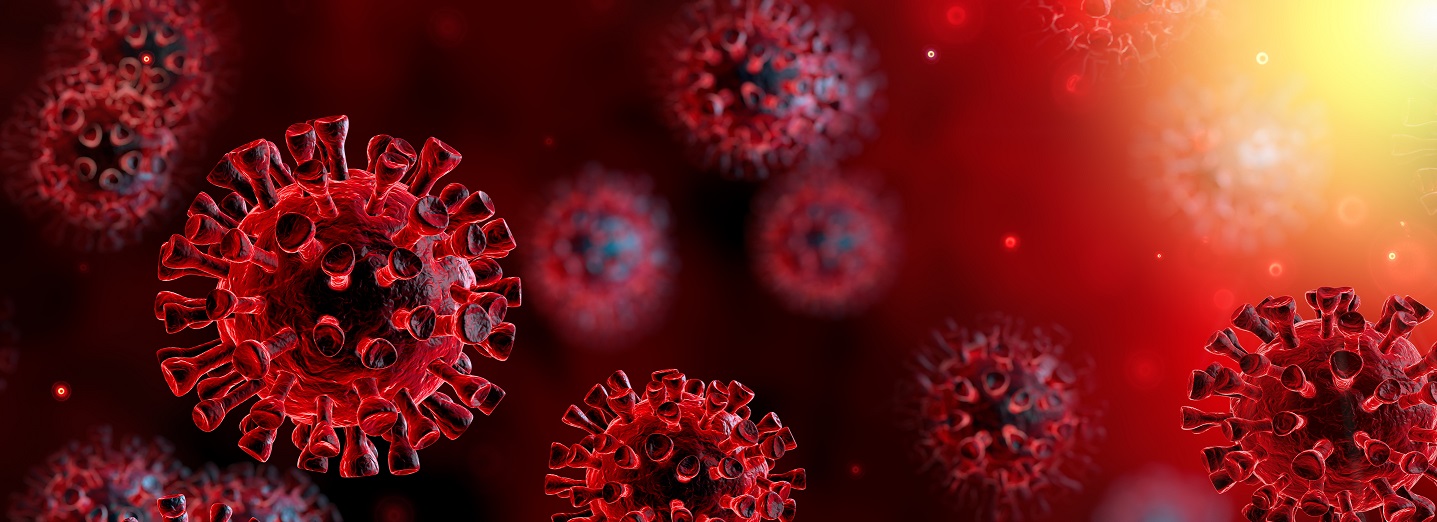
COVID led to lockdowns, working from home, and a jump in virtual communications, limiting the spread of other viruses. Further, the last two years saw relatively weak renditions of the flu.
But all that has changed. This year the flu is back with a vengeance. And if that isn’t enough, RSV and COVID, two other viral infections, are co-headliners.
Flu season has struck early and hard in the United States this year. It’s playing a role in overburdening hospitals also contending with COVID and RSV admissions.
According to the Centers for Disease Control and Prevention (CDC), the United States has seen at least 4.4 million flu cases this season, with 38,000 hospitalizations and 2,100 deaths.
Flu rates typically don’t peak until January, and 27 states currently report high or very high numbers of infections. So it’s highly likely things are going to get much worse. According to a report from the Associated Press, hospitalization rates for the flu have not been this high since 2009 – the year of the infamous swine flu.
COVID is still responsible for about 3,000 hospital admissions per day, and RSV also contributes to increased hospitalizations. And unlike the flu and COVID, there is no vaccine for RSV.
RSV is an infection of the lungs and respiratory tract that is more common in children but can also infect adults. It may be especially dangerous for those with chronic illness or frailty.
With the holidays fast approaching, it is prime time for viral spreading and can be quite risky for those with chronic illnesses.
You can help reduce your risk for viral infection this season by making sure you are vaccinated against the flu and COVID-19. You may also want to consider wearing a mask in group settings – like grocery stores, concerts, etc. – or avoiding crowds altogether in the days leading up to an event with loved ones who may be high risk.
Taking a COVID test prior to a party or meetup with loved ones may also help.
Remember to wash hands thoroughly after arriving home from errands or other activities, and do your best to eat a healthy diet and get good sleep to give your immune system a little extra power.